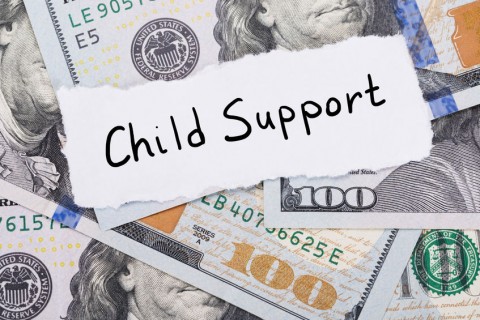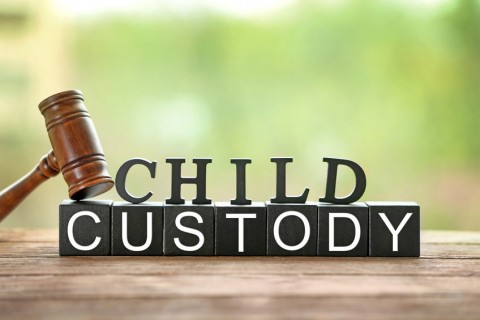Blogs

Common Misunderstandings About Divorce
- by Ji Y. Park
I often need to clear up misconceptions from many people about how divorce actually works. Often, these mistaken beliefs are gleaned from television and films or from stories people have heard through the grapevine. Below, are some common misunderstandings about divorce.

What Happens to Your Pet During a Divorce?
- by Ji Y. Park
In the eyes of their owners, the family pet is practically like a child. So if a marriage falls apart, who gets the right to keep the beloved animal? And if one ex-spouse keeps the pet, may the other get visitation rights? Though the law governing pets in a divorce is quite different than it is for children, recent developments are changing how courts decide cases.

Why Do People Get Divorced?
- by Ji Y. Park
People always ask me: “What’s the main reason people get divorced?”
There is no easy answer here because people get divorced for MANY different reasons. For as many clients I have, that's how many various reasons there are. The commonality is not why people get divorced but rather what they fight about after deciding to divorce.
In that, it seems, the commonalities are nearly universal.

Do Your Children Have a Say in Custody and Visitation?
- by Ji Y. Park
The end of a marriage can be particularly hard on the children in the family. Of course, any child involved will be emotionally invested in the outcome of the custody and visitation terms. Many parents wonder—how much say should their child get in the custody outcome? And is the court required to listen to the child's wishes?

California Divorce: Total Asset & Debt Disclosure Required
- by Ji Y. Park
California is a community property state, which means any asset or debt acquired during the course of the marriage belongs equally to both spouses.
If you can come to a simple agreement about who owns what, that will considerably shorten the legal process. But what belongs to you and what belongs to your ex? The answer is not always simple. To answer the question, every divorcing couple first needs to disclose pretty much everything about their financial situation.

You Want To Make Changes To Your Custody Order – What Should You Do?
- by Ji Y. Park
What if there are terms of your custody order that you disagree with, or you think the court has made a mistake? Is there a remedy?
The answer is yes and no. To modify a custody order issued by the court, a parent usually needs to prove (with evidence) that there's been some substantive or material change in circumstances that justifies the request. If your request is not substantially justified, the court will keep things the way they are.
The following are some of the most common reasons why people ask for a change.

In California, Child Support is Mandatory. Or is it?
- by Ji Y. Park
Can you avoid child support payments in California? The answer is yes—but with certain caveats.

Legal and Physical Custody Are Not the Same
- by Ji Y. Park
Many are unaware of essential distinctions around what the word "custody" actually means when beginning the divorce process. Most of the time, "custody" isn't a "winner takes it all" proposition. Different kinds of custody have entirely separate meanings and need to be considered carefully.
